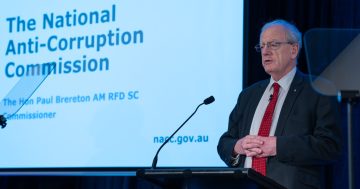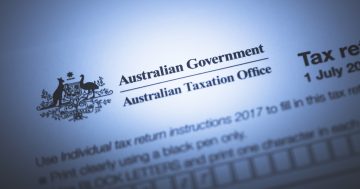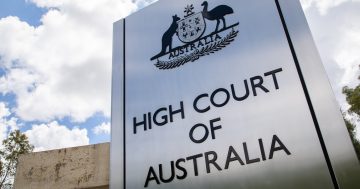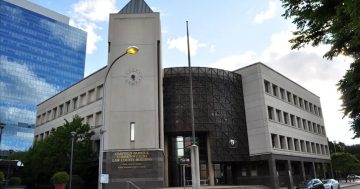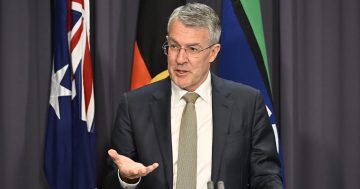UKRAINE
 A law forbidding Ukrainian Public Servants to enrich themselves has been struck down by the country’s Constitutional Court.
A law forbidding Ukrainian Public Servants to enrich themselves has been struck down by the country’s Constitutional Court.
The decision has raised concerns that the Government’s fight against endemic corruption has been weakened and with it the ability to get more aid from the International Monetary Fund.
The National Anticorruption Bureau of Ukraine, the law enforcement Agency that prepares corruption cases for prosecution, said the court decision meant criminal proceedings in all the cases detectives were investigating would have to be closed.
These included “illegal enrichment” investigations of judges and other public officials.
The bureau said it was dealing with about 65 cases involving a total of about $US20 million ($A28.4 million).
The Constitutional Court said the law was unconstitutional because it violated the presumption-of-innocence principle by obliging suspected officials to prove their assets were legitimate, rather than obliging prosecutors to show assets were obtained through corrupt practices.
The law was introduced in 2015 to meet an International Monetary Fund (IMF) demand before Ukraine could access badly needed loans. That year the IMF authorised $US17.5 billion ($A24.8 billion) in aid to Ukraine to support reforms.
President Petro Poroshenko said he would instruct his Government to formulate a new draft law on punishing officials for corruption and that it would be submitted to Parliament as a priority.
Official corruption is a major issue in Ukraine as it approaches a presidential election on 31 March. One of Mr Poroshenko’s main challengers in the race, Yulia Tymoshenko, called for him to be impeached following a media investigation into alleged embezzlement schemes in the country’s military industries.
Kiev, 1 March, 2019



